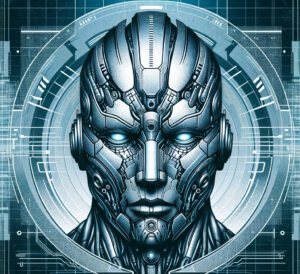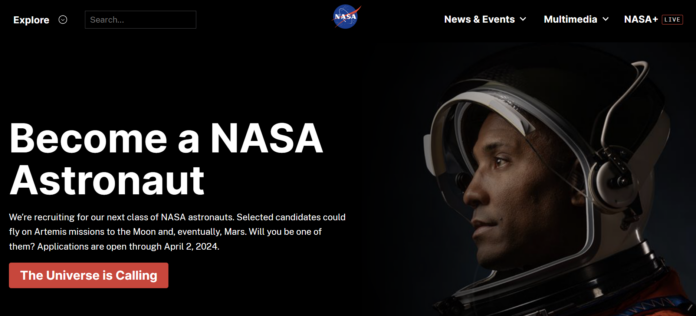NASA has announced the recruitment of a new class of astronauts, aiming to expand human exploration to the moon and potentially Mars. With applications due on April 2, 2024, this presents an unprecedented opportunity for U.S. citizens with the requisite scientific, engineering, or aviation backgrounds to be part of humanity’s next giant leaps in space exploration.
NASA Opens Applications for Astronauts: Moon and Mars Missions on the Horizon
NASA is on the lookout for the next generation of astronauts to undertake missions to the International Space Station, the moon, and possibly Mars. Highlighting the urgency and the ambitious nature of these future missions, NASA has set an application deadline of April 2, 2024. This call for applications underscores the agency’s commitment to pushing the boundaries of human space exploration further into the solar system.
The criteria for applicants are rigorous, reflecting the demanding nature of space missions. Candidates must hold a master’s degree in science, technology, engineering, or math (STEM), possess at least three years of related professional experience, or have a record of 1,000 hours as a pilot-in-command. Additionally, applicants must pass a comprehensive NASA long-duration spaceflight physical.
NASA’s announcement emphasizes the agency’s plan to explore the lunar south pole—a region of the moon where humans have never set foot. The missions are part of a broader strategy to send astronauts further into space than ever before, with the Artemis program aiming for lunar missions and setting the stage for eventual human exploration of Mars.
The selection process is expected to be highly competitive. In 2021, over 12,000 individuals applied, but only a select few were chosen to join the ranks of NASA’s astronaut corps. These new recruits, once selected, will undergo rigorous training, including spacewalking, operating the space station, flying T-38 jet planes, and controlling robotic arms, among other essential astronaut skills.
NASA’s astronaut corps has evolved significantly since its first recruitment in 1959. Over the past six decades, the agency has selected 360 astronaut candidates from diverse backgrounds, including military personnel, civilians, pilots, and non-pilots, nearly all of whom have journeyed to space.
As NASA prepares for its next era of exploration, the agency is not only focusing on government-led missions but also on partnerships with commercial entities. Astronauts may find themselves aboard SpaceX’s Crew Dragon, Boeing’s Starliner, or Russia’s Soyuz spacecraft for missions to low Earth orbit, while lunar and potentially Martian expeditions will utilize a variety of new and developing spacecraft.
Why It Matters
This new astronaut recruitment drive is a pivotal moment for NASA and for space exploration at large. It represents a tangible step toward returning humans to the moon and aiming for the distant goal of Mars, opening new chapters in human exploration, scientific discovery, and technological achievement.
Potential Implications
The successful recruitment and training of a new class of astronauts will not only enhance NASA’s capabilities but also inspire a new generation of scientists, engineers, and dreamers. The missions these astronauts will undertake could yield groundbreaking scientific discoveries, foster international collaboration, and pave the way for the sustainable exploration and eventual colonization of other celestial bodies.
Source: Space.com


